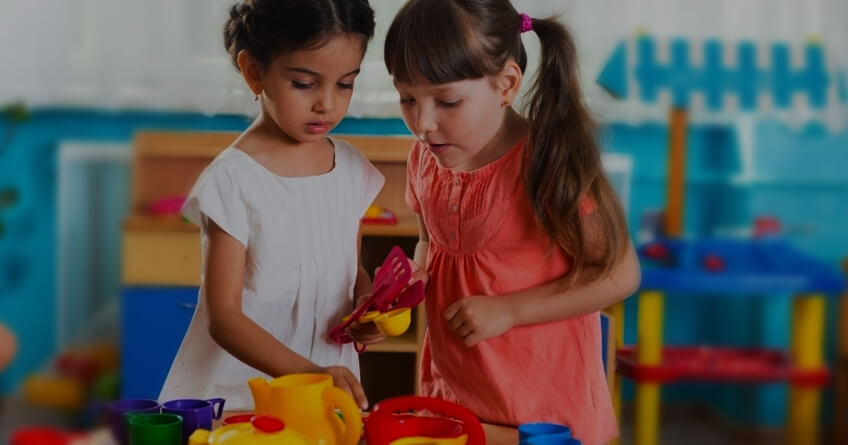
A young child’s brain is a chaotic jungle of neurons getting "wired" together into intricate circuitry patterns. Early experiences have an enormous influence on children's brains and also strongly affect the way they mature. By providing everyday activities that arouse your child's curiosity, you’re helping to create neural pathways that will increase their learning efficiency and capacity.
Expose your preschooler to a variety of stimuli and allow your child hands-on interaction with three-dimensional materials. Cooking, finger-painting, clay construction, musical instruments, and outdoor activities.
Be gentle
Children need to feel safe and confident.Stanford University research indicates that traumatic stress and fear can release toxic levels of the hormone cortisol, which can destroy neurons in the hippocampus, a region that supports factual and episodic memory. You can minimize stress by giving your child positive, loving, sensitive, and encouraging feedback. Keep reprimands and threats to a minimum, avoid unnecessary power struggles, and shouting or spanking in discipline. Also, be patient about bedwetting, Handle children’s fear with empathy and compassion.
Preschool is prime time for auditory brain development. Supporting your child's hearing and speaking helps construct strong neural circuitry for absorption of more language acquisition. Ideally, talk, sing, and read to your child in a voice that varies in pitch and rhythm and emphasizes important words. (If we mumble in a flat drone your child will get bored and not focus.) Try to ask open-ended questions that initiate thinking, explain "how things work," use high-level vocabulary, and regularly include your child in conversations that will help expand their vocabulary. Encourage her to "use her words" instead of throwing tantrums. .
Preschool is also an ideal time to introduce a second language since the young, "plastic" brain absorbs language quickly. .
Social skills
If possible, enroll your child in a quality preschool activities, libraries amd ther activity centres . Encourage your child's fantasy play with friends — "pretend" games develop the brain's verbal areas and enhance social skills in sharing, communication, and conflict resolution. Allow your child to have "imaginary friends" for the same reason, but remember, preschoolers have difficulty separating reality from make-believe, so don't call them "liars" if they insist that their stories are "true." .
Building attention
A three- to five-year-old child might pay attention for five to 10 minutes, at best. Demanding sustained concentration on a task will frustrate both of you, but you can help your child improve his brain's working memory via games and activities that demand attention control. .
Encourage , age-appropriate puzzles,— the card game for memory building ,turn taking games to. Praise your child for hard work, and model self-control in your own behavior. .
Categorize
By the age of four, many circuits in the brain's cortex are formed for math and logic. To develop this center, encourage your child to compare, collect, and label objects and events in the world that she’s curious about. Do counting games, and teach the methods of classification, like big/little, long/short, shapes, colors, weight, height, and temperature. .
Exercise and Brain
Ideally, young kids should get at least 30 minutes a day to run and play outside.John Ratey MD, author ofSpark, calls exercise "Miracle-Gro for the brain" because it elevates neurotransmitters and stimulates neuron growth. Swings, rocking toys, and spinning equipment are developmentally productive by stimulating different parts of the brain at the same time; building new pathways; and enhancing learning potential, spatial awareness, and rhythm. Full-body sports like soccer, swimming, yoga, gymnastics and dance are also valuable brain-building exercises. .
Restrict T.V
Early television exposure is associated with attention problems . Every effort must be made to limit television viewing in early childhood Too much of television can result in be hyperactivity and shortened attention spans. Avoid this by limiting TV to less than one hour per day. Supervise the T.V programs ...
